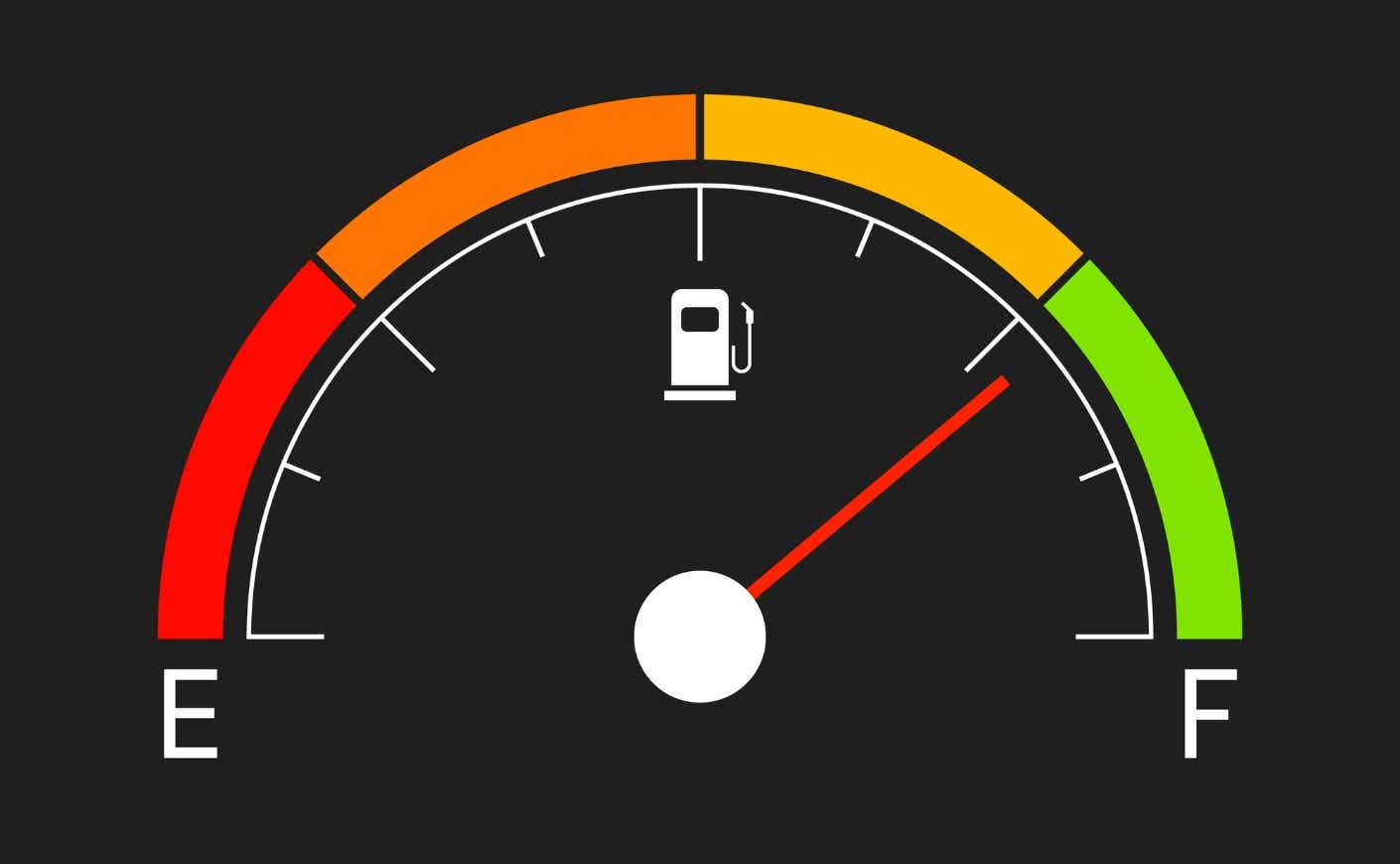It’s been a rough few months for anyone with a vehicle that runs on gasoline. Fuel prices across the country have shattered national records, and the creep of inflation has made it even harder to stretch our paychecks enough to deal with the climbing expense of driving. (Meaning that electric car drivers are probably feeling more smug than ever.) But there could be good news on the horizon.
Is gas getting cheaper?
For the time being, it seems the answer is yes. On Thursday, AAA reported the national average was $4.75 per gallon, and while that’s up significantly from the average of $3.14 from this time one year ago, it’s still a decrease from the record high of $5.02 per gallon from June 14 of this year.
Patrick De Haan, the head of petroleum analysis at GasBuddy, noted on Twitter that fuel priced at less than $3.99 per gallon could be found in 15 states as of Thursday: South Carolina, Georgia, Mississippi, Louisiana, Texas, Arkansas, Alabama, Tennessee, North Carolina, Oklahoma, Florida, Kentucky, Missouri, New Mexico, and Virginia. The cheapest price he tracked down was in Georgia, where some stations were selling gas for $3.66 per gallon.
Behind the decrease is a fall in the price of crude oil, which as of this week was trading for less than $100 a barrel for the first time in months. Forecasters say the drop is due to uncertainty about the possibility of an upcoming recession, which would likely tamp down demand for gas as consumers look for places to cut costs.
Should we expect the price to gas to keep dropping?
Earlier this week, De Haan’s analysis found that average fuel prices could fall as much as 40 to 65 cents over the next few weeks, but the actual decline may not end up being quite so steep. By Thursday afternoon, the price of crude oil had yet again bounced above $100, reaching nearly $103 a barrel.
Considering that uptick, De Haan revised his predictions: He still projects a drop in gas prices in the coming weeks, but has scaled back on exactly how low it may go.
“Given that the losses aren’t sustained as oil rallied today, the current potential decline [of fuel prices] is more in the ballpark of 20-35 [cents per gallon],” he wrote.
How can you save money at the pump?
Considering that the price of gasoline is determined by deeply complex formulas influenced by myriad geopolitical factors, there’s not much we can do ourselves to control the cost. But we can look for ways to strategically cut back on how much we’re spending.
In addition to using apps like GasBuddy or GasGuru to find the cheapest prices nearby, and walking or talking public transportation whenever possible, one helpful tactic is to pay attention to the way you’re driving your vehicle.
“How you drive can impact fuel efficiency — speeding is not only dangerous, but it can cost you,” Jill Schlesinger, CBS News business analyst and host of Jill on Money, told KCM. To get more specific, AAA has found that reducing highway speeds by a mere 5 to 10 miles per hour can actually increase your fuel economy by as much as 14 percent.
Another great tip: Paying for your gas with cash instead of a credit card will often get you a lower rate. There are certain stations that offer tiered pricing, depending on which payment method you use.
“If you need to continue driving, consider paying cash, which can save you about a dime a gallon,” Schlesinger said. “Stick to regular gas if your car or truck allows — no need to pay up for premium.”
But if you are paying with plastic, aim to use one of the best credit cards for gas rewards. According to NerdWallet, you’ll know you’re getting a great deal if you can snag a card that gives you at least 3 percent cash back per dollar.









